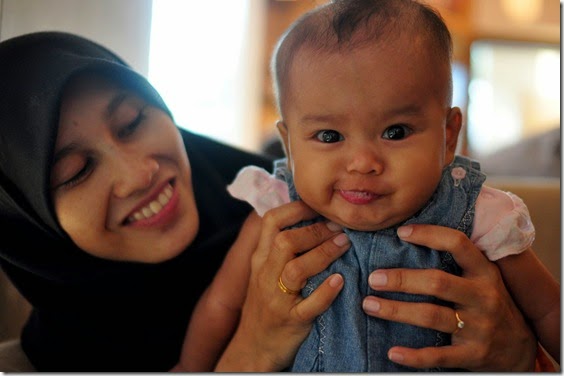On
the 28th of May 2014, the Committee on the Rights of the Child considered the combined 3rd and 4th periodic report of
Kyrgyzstan on the implementation of the Convention on the Rights of the
Child in the country.
IBFAN presented an alternative report to inform the CRC Committee on the situation on the issue of infant and young child feeding in Kyrgyzstan.
General overview of breastfeeding in Kyrgyzstan
The report noted that in Kyrgyzstan, high
rates of infant and neonatal mortality coexist with inadequate infant feeding
practices, such as early weaning and early introduction of complementary food,
breastmilk substitutes and other liquids. Almost 2 children out of 3 are not
breastfed until the age of 6 months and only about 2 children out of 10 are
breastfed until the age of 2 years. Moreover, the report pointed out the lack
of adequate training of health care workers and health professionals on optimal
breastfeeding practices. Besides, even though many provisions of the International Code of Marketing of
Breastmilk Substitutes have now been implemented into law,
there is still no independent monitoring.
In Kyrgyzstan, there is neither
information on the total amount of maternity yards in the country, nor recent
data on the amount of “baby-friendly” hospitals. Besides, the report
has highlighted the regional
disparities regarding the knowledge on HIV/AIDS. Finally, the lack of emergency
preparedness plan to ensure integrated response to protect and support infant
and young child feeding in case of emergencies has been noted.
Discussion on infant and young child feeding
The Committee pointed out that a law on the marketing of
breastmilk substitutes was adopted in March 2009. However, mothers are still
not provided with adequate information on breastfeeding and additionally, they
often received free samples of formula. The Committee also emphasized the lack
of monitoring mechanism of the new law as well as the poor support to optimal
breastfeeding practices, and noted that only one third of the children were
exclusively breastfed until 6 months of age.
The Kyrgyz delegation responded that on the contrary, campaigns to
promote breastfeeding have been launched. In 2010, an independent demographic
medical survey carried out on a large section of the population by
international experts found that 56% of infants were exclusively breastfed
until the age of six months of age. According to the delegation, breastfeeding
is well promoted in the country through many current initiatives led in
collaboration with local health committees. The delegation also explained that
the government is planning to promote midwifes’ activities at local level. It
stated that pre- and
post-diploma vocational training is widespread and that breastfeeding classes
are included in the programmes. Finally, it explained that teaching and
promotion material has been translated to Kyrgyz and Russian languages.
Concluding Observations
In its Concluding Observations, the Committee urged Kyrgyzstan to develop a comprehensive system for collecting disaggregated data (para 7(b).
Regarding health issues, it requested the country to tackle the issues of child mortality resulting of preventable
and curable diseases and to ensure children's access to adequate and sufficient food (para 48) and take all necessary measures to prevent transmission of HIV/AIDS by raising awareness of the public
(para 50).




